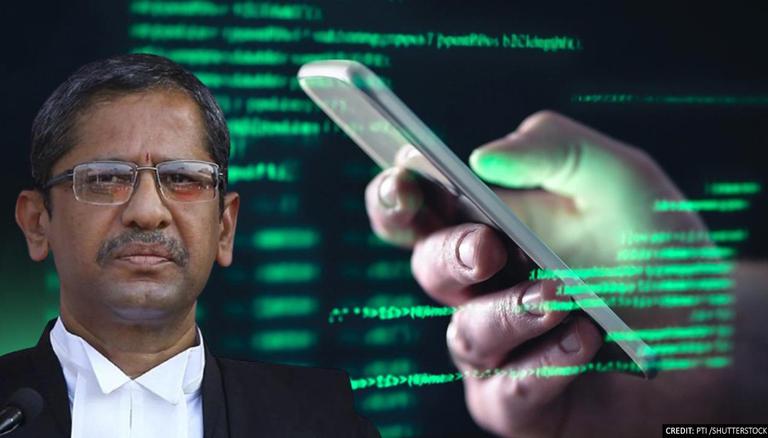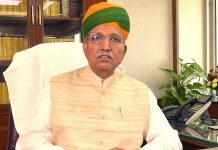
THE SUPREME COURT has expressed serious concern over dissemination of fake news particularly on social media platforms and web portals and has also pulled up a section of TV channels for their communal tone, which might bring a bad name to the country.
In a related development on Pegasus snooping row, the Supreme Court said it wanted to know whether or not the spyware was used through illegal methods to allegedly snoop on citizens after the Centre stoutly refused to file an affidavit citing national security on pleas seeking an independent probe into the row. The Bench has posted the matter for hearing after six weeks when it would take up the Centre’s plea for transfer of petitions from various high courts to itself on the issue of newly enacted IT rules meant to regulate online content, including social media and web portals.
The Editors Guild of India which had expressed shock over reports on wide spread surveillance, allegedly mounted by government agencies on journalists, civil society activists and politicians using the hacking software created and developed by the Israeli Company NSO, has now shown concern over Income Tax “Survey” at the offices of few news websites calling it violation of free speech and freedom of press.
On fake news, the top court had observed that there is no control over fake news and slandering via web portals and YouTube channels. Agreeing with the Supreme Court, the government’s Solicitor General felt that social media not only spreads communal but also planted news. The Bench led by Chief Justice of India asked the Centre that Twitter, Facebook or YouTube—they never respond to us and there’s no accountability, no control over fake news and slandering.
It is all the more serious that slandering is not only confined to social media platforms but also persists in the mainstream media, especially some TV channels that give a communal spin to news and propagate a distorted narrative. Though there is a statutory mechanism under the Cable TV Networks (Regulation) Act, not enough is being done to regulate the channels which spew venom in the garb of opinion.
The moot question is in the age of information explosion, can we weed out fake news? The reach of social media without any accountability has only brought about deception and deceit. and It was only recently that the United Nations Secretary General had identified a parallel pandemic to Covid-19, a ‘misinfodemic’ about coronavirus. There were conspiracy theories, stigma attached to those infected and about the efficacy of vaccines.
The Centre has repeatedly argued that it cannot issue a gag order in such cases as the move would ‘effectively destroy the freedom of the citizenry to know and the right of journalists to ensure an informed society’. The middle path lies in effective monitoring and regulation through regular advisories and warnings. News circulated or broadcast with a divisive agenda curtails democratic space and poses a threat to law and order. Such content has to be identified and weeded out forcefully.













